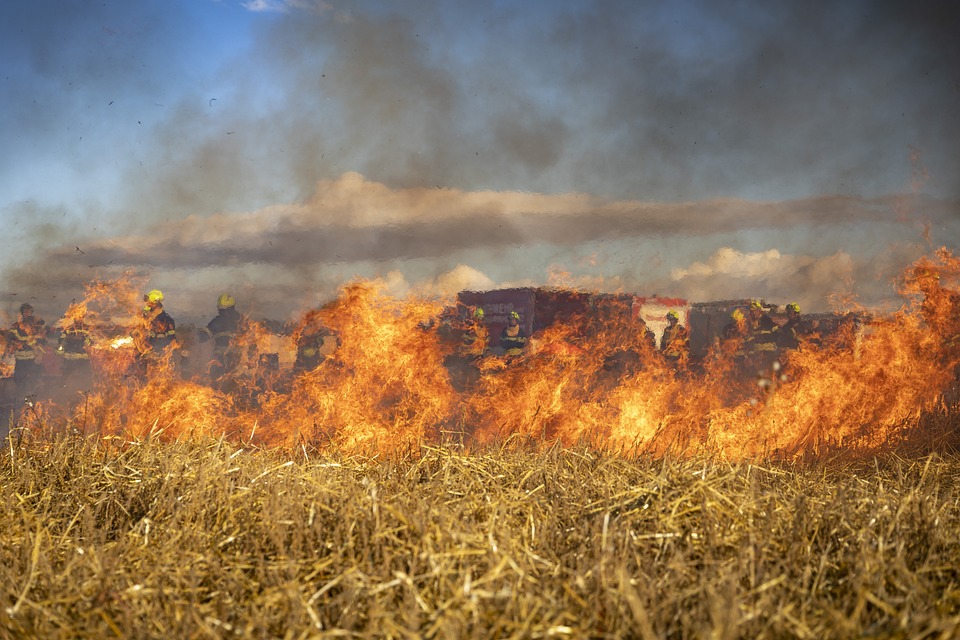Air pollution caused by fires is responsible for over 1.5 million deaths globally each year, with the vast majority occurring in low and middle-income countries, a new study published in The Lancet has revealed.
This alarming toll is set to rise as climate change accelerates the frequency and intensity of wildfires, the study warns.
The international research team examined data on “landscape fires,” which include wildfires and planned burns like those for agriculture.
From 2000 to 2019, these fires were linked to 450,000 annual deaths from heart disease and 220,000 from respiratory conditions.
The cumulative global death toll from all causes associated with fire-related air pollution reached 1.53 million annually, with sub-Saharan Africa accounting for nearly 40%.
The highest death tolls were recorded in countries such as China, India, Indonesia, Nigeria, and the Democratic Republic of Congo.
For example, the record-breaking illegal burning of farm fields in northern India has exacerbated smog, heavily impacting cities like New Delhi.
The study underscores the stark disparity between wealthy and poorer nations, a phenomenon researchers term “climate injustice.”
Despite contributing minimally to climate change, poorer nations bear its brunt, lacking access to protective measures like air purifiers, masks, or the ability to relocate.

This inequality highlights the need for urgent global action.
The researchers called for increased financial and technological support for countries most affected by landscape fires.
Without intervention, the death toll from fire-related air pollution is expected to climb as extreme weather events—fueled by climate change—become more frequent.
The study’s findings come shortly after UN climate talks, where funding commitments for developing nations were criticized as inadequate.
Meanwhile, countries like Ecuador have declared national emergencies due to devastating forest fires, and the world faces hurricanes, droughts, and other crises in what is on track to be the hottest year ever recorded.
As the effects of climate change intensify, tackling fire-related air pollution must become a global priority to save lives and address the inequities plaguing vulnerable populations.

